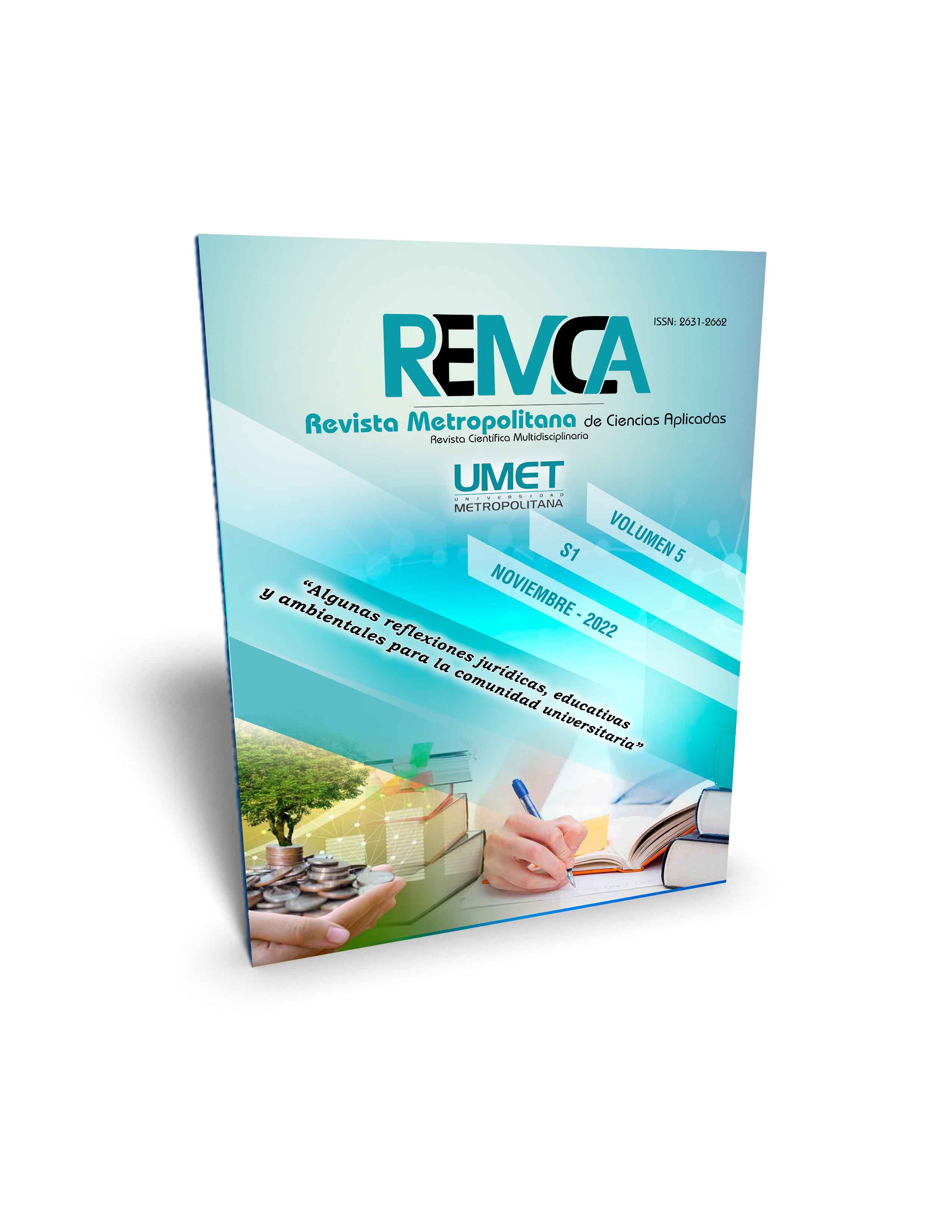Institutional communication within university management
DOI:
https://doi.org/10.62452/b40mp657Keywords:
Institutional communication, external communication, educational organization, university managementAbstract
Universities are involved in constant transformations, to give greater and better responses to the demands of society, so the use of modern management approaches becomes a necessity to develop excellent management. This article addresses the main ideas, definitions and characteristics that revolve around Institutional Communication, and as part of it, External Communication, which is nourished by the convergence of the different elements that comprise it. Institutional communication acquires its own nuances within the educational organization, which implies theoretical and practical approaches differentiated from the business context. Conceiving the University as a particular type of organization, fundamentally derived from the specificity and relevance of its social mandate, implies that the approaches and practices of companies should not be mechanically transferred to this context. The objective is to contribute to the theoretical and practical reference framework that can support a strategic approach in the management of institutional communication in universities. In the development of the research, theoretical and empirical methods were used, including communication techniques and tools such as: analysis and synthesis, inductive - deductive, brainstorming, interviews and direct observation.
Downloads
References
Andrade, H. (2002). Alcance de la comunicación organizacional”. En Fernández Collado, Carlos. La comunicación en las organizaciones. Ed. Trillas
Ansede, P. (2010). La comunicación en las organizaciones en la sociedad del conocimiento. Universidade da Coruña.
Bartoli, A. (1992). Comunicación y Organización. Ediciones Paidos.
Botero Chica, C. A. (2007). Cinco tendencias de la gestión educativa. Revista Iberoamericana de Educación, 49(2).
Fayol, H. (1916). Teoría clásica de la Administración. https://erp.iestbellavista.edu.pe/upload/avt20220427090419455phput2d6c4.pdf
Martínez Nocedo, Y. (2012). Hablemos de Comunicación. Ediciones Logos.
Nosnik Ostrowiak, A. (2015). Teoría de la Comunicación Productiva: exploraciones más allá de la retroalimentación. Revista Organicom, 22(1), 301-306.
Ortiz Pérez, A., (2014). Tecnología para la gestión integrada de los procesos en universidades. Aplicación en la universidad de Holguín. (Tesis doctoral). Universidad de Holguín.
Pérez Campaña, M. (2005). Contribución al control de gestión en elementos de la cadena de suministro. Modelos y procedimientos para organizaciones comercializadoras. (Tesis doctoral). Universidad Central de Las Villas.
Downloads
Published
Issue
Section
License
Copyright (c) 2022 Vilma Maribel García González, Lilibeth Alexandra Orrala Soriano, Iván Santiago Pacheco Proaño (Autor/a)

This work is licensed under a Creative Commons Attribution-NonCommercial-ShareAlike 4.0 International License.
Authors who publish in Revista Metropolitana de Ciencias Aplicadas (REMCA), agree to the following terms:
1. Copyright
Authors retain unrestricted copyright to their work. Authors grant the journal the right of first publication. To this end, they assign the journal non-exclusive exploitation rights (reproduction, distribution, public communication, and transformation). Authors may enter into additional agreements for the non-exclusive distribution of the version of the work published in the journal, provided that acknowledgment of its initial publication in this journal is given.
© The authors.
2. License
The articles are published in the journal under the Creative Commons Attribution-NonCommercial-ShareAlike 4.0 International License (CC BY-NC-SA 4.0). The terms can be found at: https://creativecommons.org/licenses/by-nc-sa/4.0/deed.en
This license allows:
- Sharing: Copying and redistributing the material in any medium or format.
- Adapting: Remixing, transforming, and building upon the material.
Under the following terms:
- Attribution: You must give appropriate credit, provide a link to the license, and indicate if any changes were made. You may do this in any reasonable manner, but not in any way that suggests the licensor endorses or sponsors your use.
- NonCommercial: You may not use the material for commercial purposes.
- ShareAlike: If you remix, transform, or build upon the material, you must distribute your creation under the same license as the original work.
There are no additional restrictions. You may not apply legal terms or technological measures that legally restrict others from doing anything the license permits.




